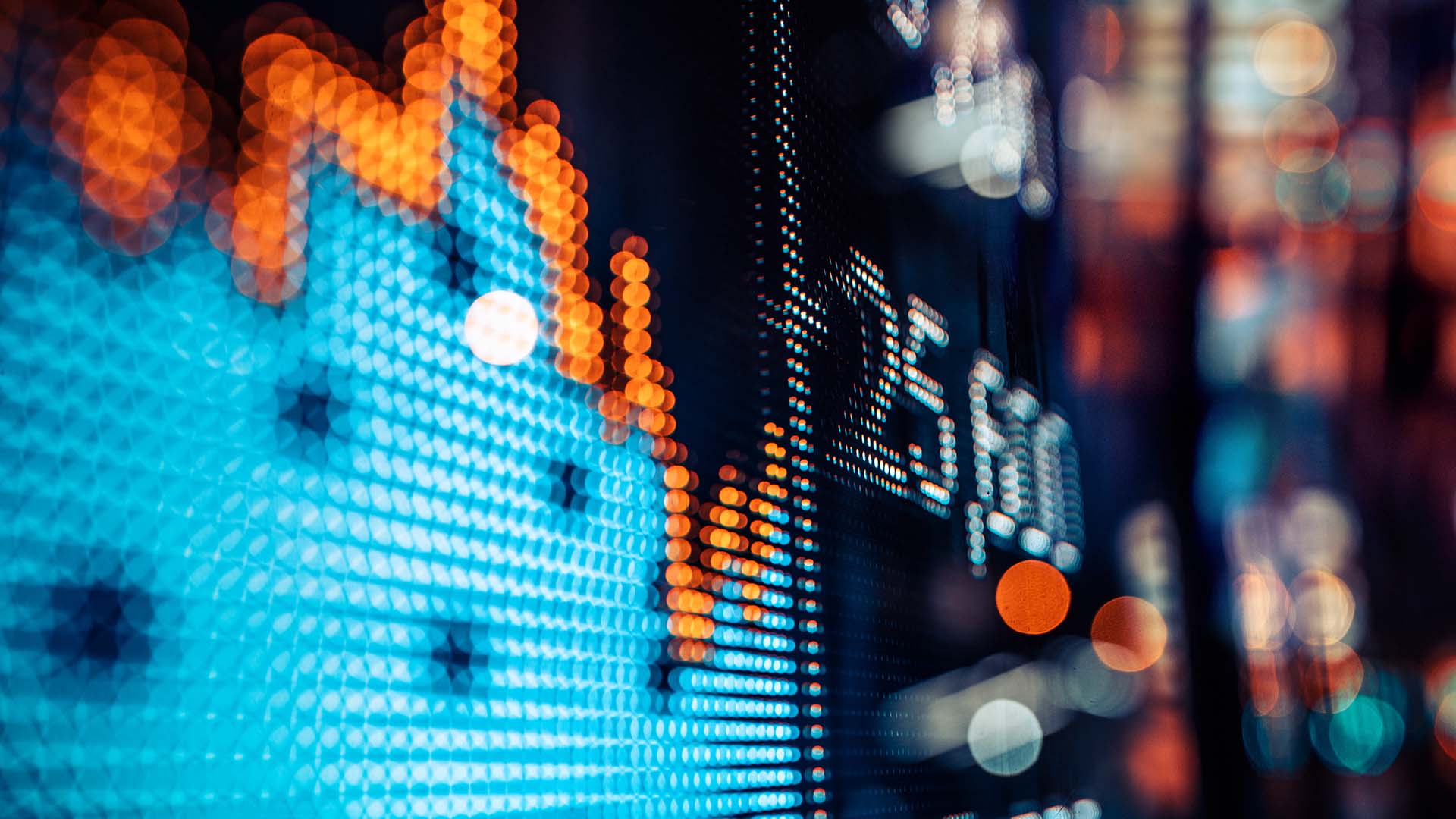
While many aspects of trade finance have remained unchanged for centuries, at the start of a new decade a variety of drivers are offering the tantalising possibility of redefining the sector. Eleanor Hill, Editor, recently caught up with Jean-François Denis, Global Head of Trade Solutions and Network Management at BNP Paribas, to explore the changes on the horizon and how they might benefit corporate treasurers.
Eleanor Hill (EH): What do you believe will be the key trends impacting trade finance in 2020?
Jean-François Denis (JFD): In my view, there are four key trends that will impact the sector – they might not be revolutionary, but they are extremely important to pay attention to. The first is the geopolitical environment. As a result of international trade tensions, we are already seeing shifts in terms of trade routes and risks. As a result, corporates are looking for risk mitigation instruments to ensure that their international trading activity remains secure.
A second, ongoing, trend is corporate centralisation. While this is a long-standing treasury trend from a cash management perspective, it is now filtering into the trade world. Some large corporates are already centralised and use a bidding platform for guarantees, for example. And an increasing number of our clients are equipping themselves to have better visibility and control over their trade activities, using technology.
Trend three, which is linked to the previous one, is the search to implement greater connectivity between corporates, banks and other stakeholders in the trade ecosystem. One of the main ways we are seeing this happen is through the use of SWIFTnet for Corporates for transmission of trade guarantees. We expect to see greater uptake in 2020 and beyond.
The final trend to mention is the large number of trade finance initiatives and market innovations. Some of these are about to enter phase two, moving beyond the proof of concept. As such, these initiatives now face an acid test as to whether they can become concrete solutions in production, or not.
EH: On that last point, many of these initiatives have focused on digitising trade. Do you think that paperless trade finance is actually within reach?
JFD: It depends on the product you’re looking at. If you take guarantees, then yes, I would say that paperless processes are possible and actually happening now. Progress here has partly been driven by the fact that only a small number of stakeholders need to align in order to create a digital workflow for guarantees. There are also a variety of standards that can be used, so all that needs to be done is for the applicant and provider to agree to use a digital channel. That said, this area would benefit from global standards in order for digitisation to gain wider traction.
Supply chain finance is also becoming less paper-based, although there is still some way to go. There are greater challenges here because more stakeholders are involved than guarantees. Nevertheless, we are seeing supplier onboarding platforms starting to flourish.
Documentary credit is different as there are so many stakeholders to align. Furthermore, digital documents such as the electronic Bill of Lading are not recognised everywhere. As such, there is a long road ahead to achieve paperless documentary credit. But BNP Paribas is making progress towards this goal with its involvement in Contour.
Trade Innovations Defined
Marco Polo
Launched in 2017, the Marco Polo Network provides an open enterprise software platform for trade and working capital finance to banks and corporates and a distributed, blockchain-powered solution that allows for the seamless and secure exchange of data and assets between participants.
Trade Information Network
Founded by ANZ, BNP Paribas, Citi, Deutsche Bank, HSBC and Standard Chartered, Trade Information Network is open for buyers, suppliers and banks. The Network enables the provision of financing deeper into global supply chains. Through the Network, corporates can communicate their trade information and raise finance requests in a trusted and secure way to participating banks of their choice. Banks will provide financing outside of the Network using their existing channels, processes and practices.
Komgo
Blockchain technology has been used to create a decentralised, open-source and secure commodity trade network. Komgo’s blockchain ledger transmits peer-to-peer transactions in a secure environment providing full visibility to both participants, but storing only references to the data in the digital network itself. Records of transactions are available only on a need-to-know basis.
EH: For those readers not familiar with Contour, what is it?
JFD: Contour, formerly known as Voltron, is a blockchain-based platform aimed at digitising the letter of credit process. The company shareholders are Bangkok Bank, BNP Paribas, Citi, CTBC Financial Holding, HSBC, ING, SEB and Standard Chartered, Bain, Cryptoblk and R3. The idea is to grow and optimise the industry for all stakeholders.
For corporates, Contour will offer speedier transactions. In addition, it will reduce complexity and paperwork through digitisation and offer a single, simplified channel providing a real-time view of progress.
EH: How is the Contour initiative progressing?
JFD: As we speak, Contour is moving from a collaborative initiative to a functioning company. The company has been established and the CEO and a few other team members have been appointed.
We will work on increasing live commitments and transactions from clients. We will also look to enrich the platform by going further in the value chain and plugging in a number of other solutions.
EH: With so much innovation going on in the trade space today, what do you think are the most interesting market developments?
JFD: There are several types of market innovation and they all have a role to play. The first is what I would call ‘disruptive innovation’, which includes Contour, the Marco Polo Network, the Trade Information Network, and Komgo for commodities, for example. BNP Paribas elected to be part of all these initiatives as we see ways in which they can be successful for the industry.
SWIFT is also innovating – we are hearing a great deal of talk about applying the principles of SWIFT gpi to trade, for example. And if there is a way to improve what we already have in place in the documentary trade space, then SWIFT is in an ideal position to take the lead. Not every innovation has to be brand new, it can be a different application of an existing solution.
There is also significant technology innovation taking place with the rise of trends such as optical character recognition (OCR) and artificial intelligence (AI). For example, in the trade space, OCR has the potential to scan trade documents, turn unstructured data into structured data, and significantly hasten process for banks and corporates. The important point is to apply technology in the right place and in the right way, to improve the quality of tasks. In essence, technology is there to solve the ‘ordinary’ and humans will still be needed for the ‘extraordinary’.
EH: What other noteworthy contributions is BNP Paribas making to the trade finance world?
JFD: We are investing heavily into trade, and we will continue to invest further into digitisation solutions and the improvement of processes, service and experience for clients. Corporates can already benefit from our dedicated digital front-ends, which will be further enriched.
Away from technology, BNP Paribas is working consistently to embed sustainability into all areas of the business, including trade. We are keen to implement effective trade programmes that link finance incentives to sustainable criteria and we can produce tailor-made solutions that take into account the requirements of individual clients. We can also help corporates to embed sustainability key performance indicators [KPIs] into their trade workflows, which can then potentially be extended throughout their business.
Project Trado is another example of BNP Paribas’ trade innovation. Run by a consortium of corporates, banks and fintechs, Project Trado has successfully tested whether blockchain and other technologies can help unlock financial incentives that reward sustainability in supply chains and lead to gains for smallholders. A follow-up phase is currently being considered.
We are excited to see how these, and other trade developments, unfold in 2020 – but will always ensure that our investment in innovation remains relevant for our clients. This is not innovation for innovation’s sake, but innovation to make a difference on a daily basis – and in the most effective manner.
Sign up for free to read the full article







